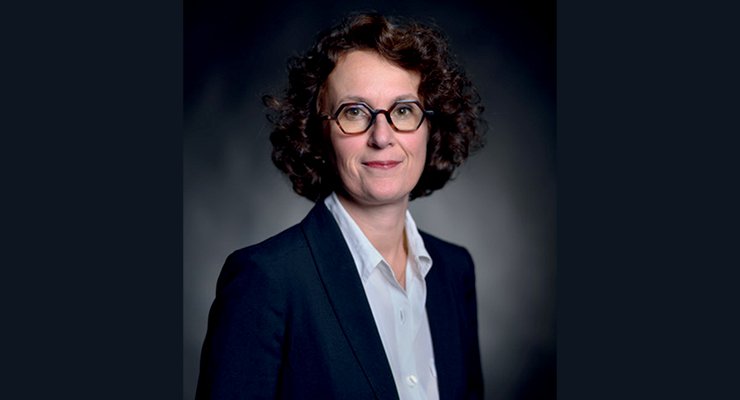MS2T: a Labex for Control of Systems of Technology-intensive Systems
Development of advanced communications has today led to large scale inter-connections among autonomous technology-intensive systems that can thereby collaborate to implement certain tasks: in this case we talk about systems of technology-intensive systems. Scientific and technological advances in terms of systems leads to new functions that have an impact on our daily lives, an example to illustrate being the smart management of transportation means (less waiting for the next train, bus …) or in the field of re-education by providing access to new, miniaturized robot systems.
Site web du Labex
Context
The MS2T Labex has as its assigned objective to operate in a wide range of applications, with very strong socio-economic challenges to resolve, in transportation and mobility (smart, all-electric cars, multimodal transport systems), in security (use of mini-drones), in health engineering (functional re-education, micro-nano-technologies for biological systems), in the environment (real-time management to evacuate water from heavy rainfalls).
Objectives
The MS2T Labex aims at making UTC a reference site in the field of "systems of systems". The ambition of all those involved is to accelerate the removal of scientific blocking points and hurdles and to encourage the emergence of an international scientific community specialized in systems of systems: recruiting high level research scientists via the academic Chairs certified as 'of excellence', through a multiplication of co-directed PhD theses, hosting stays by post-docs, organizing an annual, international workshop, offering specific training courses, the Club of socio-economic partners, the creation of innovative start-ups .…
New approaches for the design and optimization of heterogeneous, multi-scale systems will be explored, with the objective to improve safety factors and component ruggedness, and there will be development work on co-operative and inter-acting systems, and between men and these systems.
› The project will be built up round 4 main axes:
- interaction and co-operation among systems: managing the data flow in networks, distributed data processing ;
- managing uncertainty factors: modelling uncertainty, system resilience to uncertainty factors and integrity, taking into account uncertainties generated by digital modelling;
- optimized design of systems of technology intensive systems: multi-level and multi physical factor optimization, sequencing and synchronization of mobile systems, safe operating modes for systems of systems.
- Dynamics of systems of systems : emergence and agility
Project patrons
Beyond the engineering aspects, MS2T represents a major scientific challenge in an area that is not extensively explored as yet by academic research scientists; indeed the approach can only be pluridisciplinary. For this reason, UTC and the CNRS chose to build up the project round the UTC-Heudiasyc laboratory facilities (ICTs), associating teams from UTC-BMBI (Bio-engineering sciences and technologies) and UTC-Roberval (Mechanical engineering, Acoustics & Vibrations and Material sciences and engineering).
These three laboratories already constitute a federation of research known as SHIC (interacting heterogeneous systems) with the structure of the UTC-CNRS Collegium. Numerous socio-economic actors have also expressed interest in the project, supported financially as it is by the Picardie Regional authorities: the DGA (French armed forces research establishment), Veolia Transport, Thales, Suez Environnement and Vitec Multimedia.
Contacts de la recherche à l'UTC
Plaquette des investissements d'avenir à l'UTC



